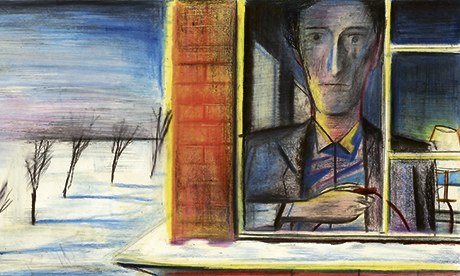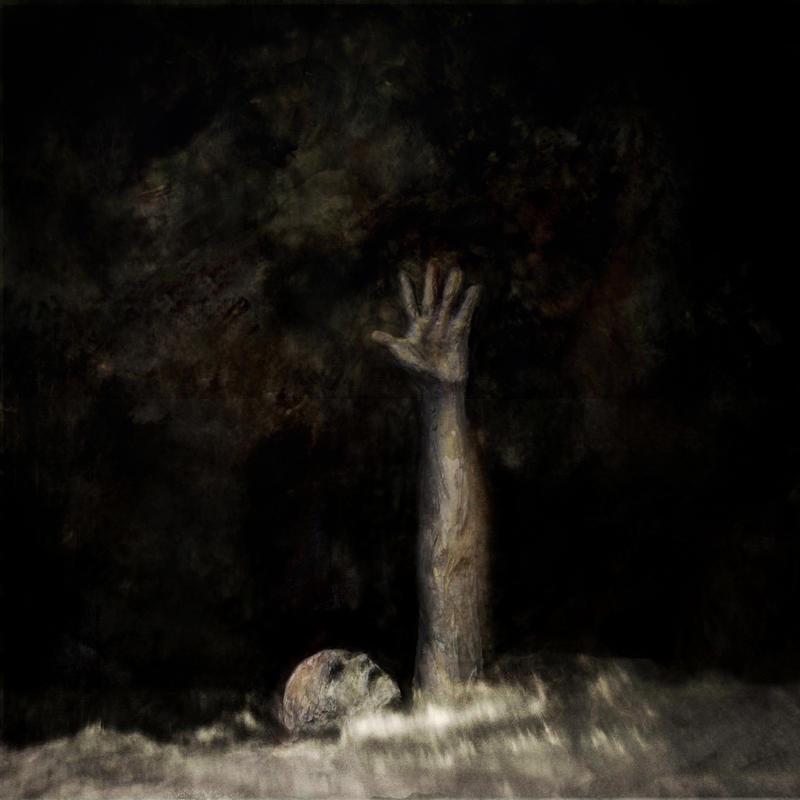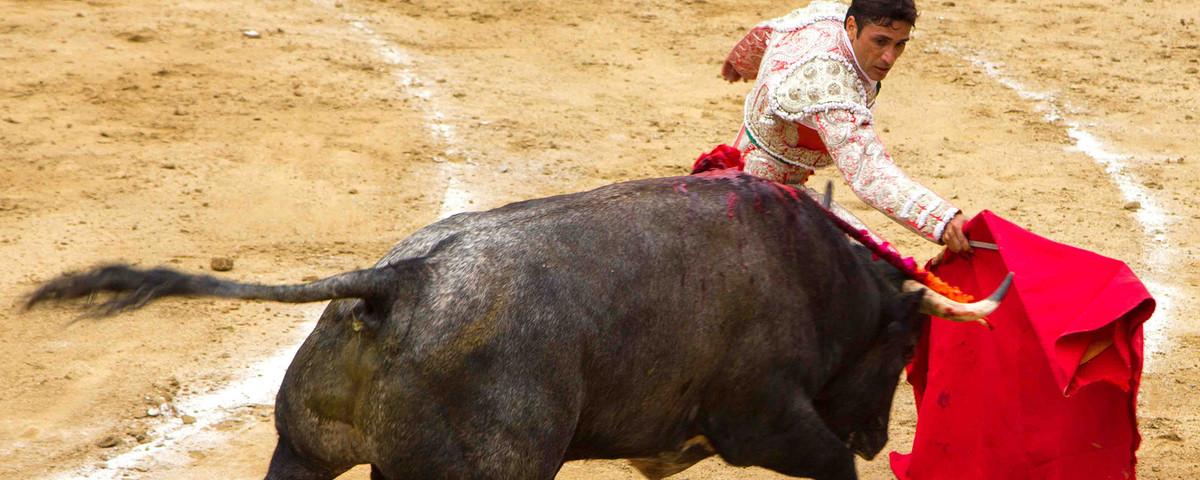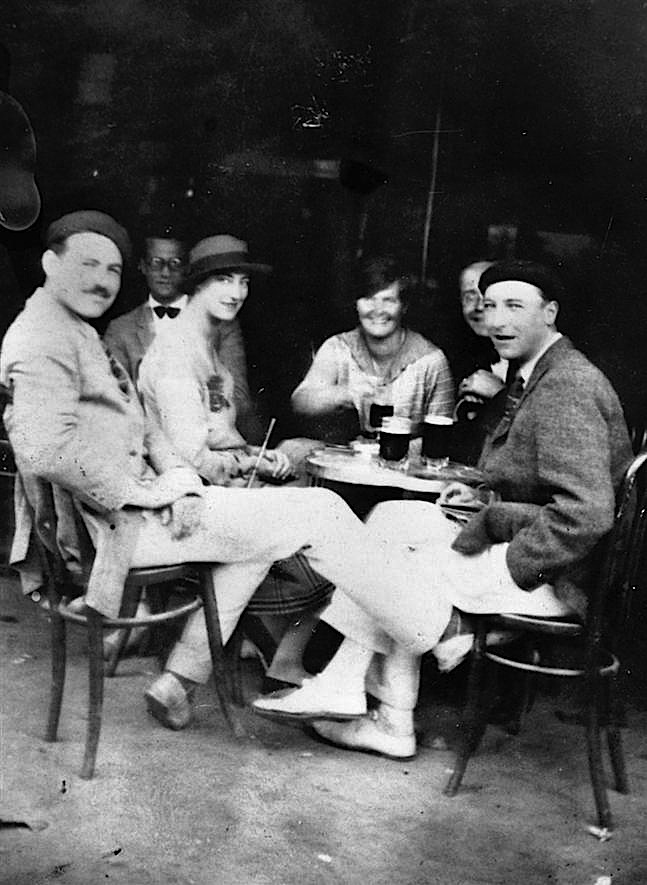And the man speaking here, Ricardo Laverde, never looks you, the reader, in the eye either. Even at the end. Perhaps, even then, when you have heard the whole story, then, you realise just how much you haven’t learned about him. It’s an unmystery.’Sometimes I think,’ he told me the only time we talked somewhat seriously, ‘I’ve never looked anyone in the eye.’
But he is a pilot.

This is a book translated from Spanish to English written by a man who is a translator of literature from French to Spanish. And ‘translation’ could certainly be considered an identifiable theme here. Not just from a language to a language, but any kind of translation of experience in the form of language into a story.
But what did he do? And that’s the story of the story. I enjoyed its slow unveiling through the range of different story-telling frames Vásquez plays with. And he plays with the reader like maybe only Spanish writers do. There are some turns of phrase which come off as a little naive and twee in English, but there's this very recognisable way modern Spanish reads (In English that is ... which is all I know). Marquez looms over them all, since Cervantes seems completely different. But there's always this magic-realist lilt to it, and the way repetition is used like it's verse.’He must’ve done something.’
People reading the blurb of my edition might be disappointed in the story; the ’literary-noir’ call is a bit off: more literary than noir. But that’s not Vásquez’s fault. The action is chiefly internal, but it certainly kept me ‘at it’. Sometimes there is a sense of disappointment ... but Vásquez manages to maintain this interesting sense of background foreboding and oppressive weight, the reading equivalent of living in Colombia during the Escobar years, an era that looms over the story as a whole, and, an entire generation of Colombians: our protagonist, Antonio Yammara, among them. And this kind of disappointment and exhaustion seems to be an important sense to develop. There is a generational shared experience through Escobar and his ‘stories’ (which were once all-to-visceral in nature, of course) and, especially, his place of residence.’No, wait,’ I tried to say, but it was too late, she’d got rid of the phone and left me in Aura’s hands, my voice in Aura’s hands, and my nostalgia hanging in the warm air: the nostalgia for things that weren’t yet lost.

Flying is an important trope in the book, as a means of legend-building, bravado, escape, living, dying and trafficking. Certainly, as an essentially destructive means of connection to the gringos it becomes self-evident. It allows one to reach out to the other, and the other to reach back: the big planes coming in, the little planes returning...And sometimes she asked him, ‘Do you like planes?’
And we do, of course. Death in the story is always invested with heavy dramatic irony. We know where these people are headed. We get to hear the black box recording first, then we work backwards. And that’s where the moral ground gets murky, in the sense of agency and outcome, and the smaller people caught up in larger things for a range of different reasons. Vásquez handles these things with great style and a languid sense of character ... if, at times, a little unsubtly. His impressions of his homeland and home-city are fascinating literary travelogues easily worth the price of the fare alone...’And you, Señorita Fritts, do you know when you are going to die? I can tell you?’
Then I realised no one wants to hear heroic stories, but everyone likes to be told about someone else’s misery.


























